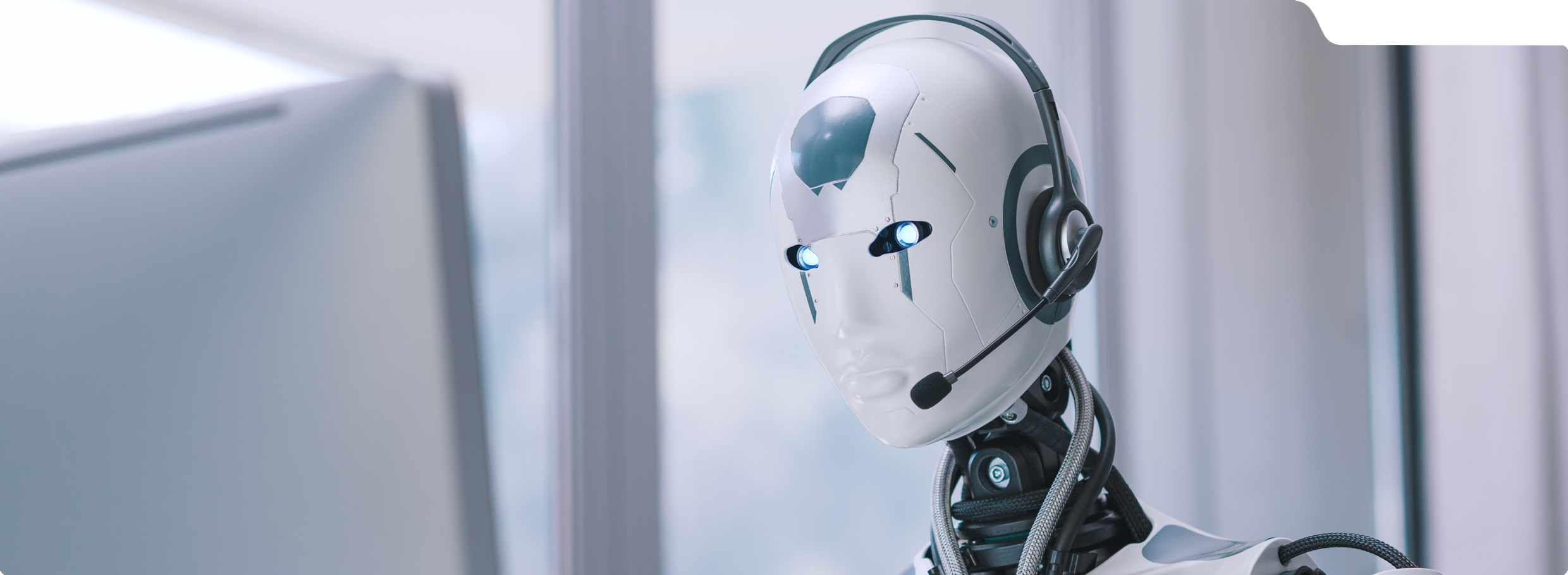
Blogs
AI Agents and
Automation
AI agents and automation use intelligent
systems to drive efficiency and scalability while

Promise, Power, and the Ethical Path Forward
The rise of AI agents and automation marks a pivotal chapter in our technological evolution. At ByteTrust, we’ve seen firsthand how intelligent systems are rapidly transforming industries—delivering significant gains in efficiency and scalability while raising important questions about ethics, accountability, and the future of work.
The Promise of AI Agents in a 24-Hour Economy AI agents, which include autonomous systems capable of executing tasks with minimal human input, are now a cornerstone of advancing AI development. Their ability to automate complex workflows, handle high-volume operations, and adapt in real-time to changing conditions has made them essential across various sectors. From manufacturing to logistics, finance to healthcare, AI agents are speeding up processes and enabling an “always-on” service model. In a 24-hour economy where customer expectations are high and patience for delays is low, this automation provides a strategic advantage. Businesses can meet peak demands without scaling human resources linearly, making resources become flexible, responsive, and most importantly, available on demand. At ByteTrust, we believe that responsible deployment of these systems allows companies to maintain operational continuity, respond instantly to market shifts, and deliver value faster than ever.
Strengthening Cyber Defence with Intelligent Automation
One of the most urgent use cases for AI agents is in cyber defence; a field where speed, precision, and adaptability are essential. The cybersecurity landscape is changing rapidly. Threat actors, including State and script kiddies, are becoming more sophisticated due to the exponential devastation from the use of AI, creating ever-increasing zero-day vulnerabilities, and making more adverse the scarcity of skilled human talent. At the same time, AI agents play a vital role. They provide continuous monitoring, scanning for vulnerabilities across vast digital ecosystems at scales and speeds beyond human capacity. When a zero-day attack occurs, intelligent agents can flag anomalies, execute containment protocols, and even start remediation within seconds, significantly reducing response time and the dwell time of threat actors. Moreover, AI-driven simulation tools enable organisations to model complex cyberattacks before they happen. By proactively testing defences against realistic hypothetical scenarios, companies can strengthen their systems before real threats occur. This shift from reactive to proactive security is transformative—and AI makes it possible.

The Ethical Responsibility As we deploy these powerful tools, we must carefully navigate the ethical landscape. Automation, for all its advantages, does not exist in isolation. Decisions embedded in AI agents, including what to prioritise, how to balance efficiency with fairness, and who is responsible when things go wrong, carry far-reaching consequences. At ByteTrust, we adhere to a framework valuing transparency, human oversight, and societal impact. We believe AI should enhance human potential, not replace it recklessly. As leaders, we must ensure that the economic benefits of automation do not come at the expense of equity, privacy, or trust.
Looking Ahead
AI agents are more than just tools—they are shaping the future of work, security, and service. They are a pivotal point in our digital future. Yet, like any powerful technology, their true value depends not only on what they can do but also on how we choose to implement them thoughtfully. At ByteTrust, we are committed to advancing AI that is not only intelligent and effective but also ethical and aligned with human values. Let’s build the future, together, responsibly.
by Ray Ankobia, CEO, ByteTrust